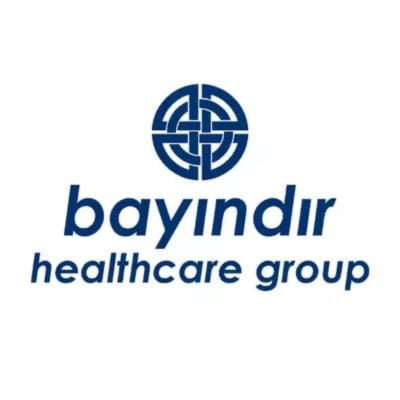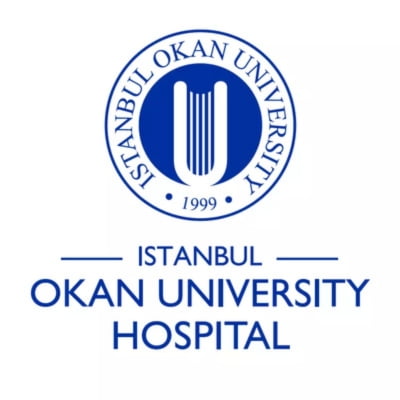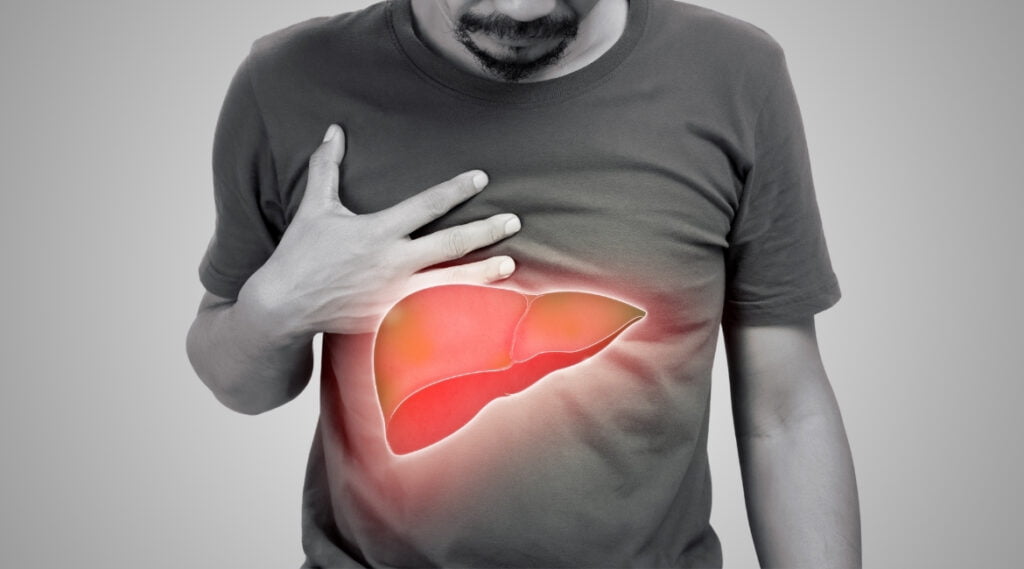Liver cancer is a serious health concern affecting millions of people worldwide. It’s crucial to understand that getting the right treatment can make a big difference in fighting this disease. In this article, we’ll explore some of the best places in the world where people can receive top-notch care for liver cancer.
By learning about these centers, you’ll gain valuable insights into the options available for treatment and find hope in the ongoing battle against liver cancer. Let’s dive in and discover where people can find the best care for this challenging condition.
Table of Contents
Understanding Liver Cancer
Liver cancer, also known as hepatic cancer, is a malignancy that originates in the liver. It is a significant health concern worldwide due to its high mortality rate. Understanding liver cancer involves knowledge about its types, causes, symptoms, diagnosis, treatment, and prevention.
Types of Liver Cancer
- Hepatocellular Carcinoma (HCC): This is the most common type of liver cancer and usually occurs in people with chronic liver diseases like cirrhosis or hepatitis B or C infection.
- Intrahepatic Cholangiocarcinoma: This cancer forms in the bile ducts inside the liver.
- Hepatoblastoma: A rare type of liver cancer that primarily affects children under the age of 5.
Causes and Risk Factors
- Chronic liver diseases: Conditions such as cirrhosis, hepatitis B, and hepatitis C significantly increase the risk of liver cancer.
- Alcohol consumption: Heavy and prolonged alcohol consumption can lead to liver cirrhosis, increasing the risk of liver cancer.
- Nonalcoholic fatty liver disease (NAFLD): Obesity and related metabolic conditions can lead to NAFLD, which can progress to liver cancer.
- Genetic factors: Some genetic conditions, such as hemochromatosis and Wilson’s disease, increase the risk of liver cancer.
- Exposure to toxins: Exposure to certain toxins and chemicals, such as aflatoxins produced by molds on poorly stored grains and nuts, can increase the risk.
Symptoms
- Jaundice: Yellowing of the skin and eyes.
- Abdominal pain or swelling: Pain or discomfort in the upper abdomen, and swelling in the abdomen.
- Unexplained weight loss: Significant and unexplained weight loss without changes in diet or physical activity.
- Loss of appetite and nausea: A decrease in appetite, feeling full after a small meal, and nausea.
- Fatigue: Feeling excessively tired or weak.
Diagnosis
- Imaging tests: CT scans, MRI scans, and ultrasound are commonly used to detect liver tumors.
- Biopsy: A sample of liver tissue is taken and examined under a microscope to confirm the presence of cancer cells.
- Blood tests: Elevated levels of certain liver enzymes and tumor markers can indicate liver cancer.
Top Liver Cancer Treatment Centers in the world
When seeking treatment for liver cancer, it’s essential to find reputable medical centers with expertise in oncology and advanced treatment modalities. Here are some of the best liver cancer treatment centers in the world, known for their comprehensive care and innovative approaches:
Florence Comprehensive Cancer Center – Istanbul, Turkey

Located in Istanbul, Turkey, the Florence Comprehensive Cancer Center is a leading institution for cancer care in the region. Their multidisciplinary team of oncologists, surgeons, and other specialists collaborates to provide comprehensive treatment for liver cancer.
The center offers advanced surgical techniques, chemotherapy, targeted therapy, and radiation therapy, along with supportive care services to improve patients’ quality of life.
Bayındır Healthcare Group – Ankara, Turkey

Bayındır Healthcare Group in Ankara, Turkey, is recognized for its excellence in liver cancer treatment.
Equipped with modern facilities and a team of highly skilled medical professionals, including hepatobiliary surgeons, medical oncologists, and radiologists, Bayındır Healthcare Group offers a range of treatment options for liver cancer, from surgery to innovative therapies like transarterial chemoembolization (TACE) and radiofrequency ablation (RFA).
Immunotherapy for Cancer Treatment by Mexstemcells – Mexico

Immunotherapy for Cancer Treatment by Mexstemcells is a renowned medical facility in Mexico specializing in immunotherapy for cancer treatment, including liver cancer. Their approach involves using cutting-edge stem cell therapies and immune-based treatments to target and eradicate cancer cells while minimizing side effects.
With a focus on personalized care and patient-centered treatment plans, Mexstemcells offers hope to patients seeking alternative and advanced therapies for liver cancer.
Istanbul Okan University Hospital – Istanbul, Turkey

Istanbul Okan University Hospital is a prominent healthcare institution in Istanbul, Turkey, known for its expertise in oncology and liver cancer treatment. The hospital’s Liver Cancer Center brings together leading experts in hepatology, oncology, surgery, and radiation oncology to provide comprehensive care for patients with liver cancer.
From early-stage diagnosis to advanced treatment options, including liver transplantation, Istanbul Okan University Hospital offers state-of-the-art care to improve patient outcomes.
Treatment Options for Liver Cancer
Treatment options for liver cancer depend on various factors, including the type and stage of cancer, as well as the overall health and preferences of the patient. Here are some common treatment options for liver cancer:
- Surgery: Surgical removal of the tumor is often the preferred treatment option if the cancer is detected early and if the patient’s liver function is good. The extent of surgery depends on the size and location of the tumor. In some cases, a liver transplant may be recommended, particularly for patients with cirrhosis and early-stage liver cancer.
- Liver Transplantation: For patients with advanced liver cancer or cirrhosis, a liver transplant may be the best option. This involves replacing the diseased liver with a healthy liver from a donor. However, not all patients are suitable candidates for liver transplantation, and there may be long waiting times for donor organs.
- Local Ablation Therapy: This includes techniques such as radiofrequency ablation (RFA), microwave ablation (MWA), and cryoablation, which use heat or cold to destroy cancer cells. These procedures are often used for small tumors or for patients who are not candidates for surgery.
- Transarterial Chemoembolization (TACE): TACE involves injecting chemotherapy drugs directly into the blood vessels that supply the tumor, followed by blocking these vessels to cut off the blood supply to the tumor. This treatment is often used for patients with intermediate-stage liver cancer and can help shrink the tumor and relieve symptoms.
- Targeted Therapy: Targeted therapy drugs are designed to specifically target molecules that are involved in cancer cell growth and survival. Drugs such as sorafenib and lenvatinib are commonly used for advanced-stage liver cancer and can help slow down the progression of the disease.
- Immunotherapy: Immunotherapy drugs work by stimulating the body’s immune system to recognize and attack cancer cells. Pembrolizumab and nivolumab are examples of immunotherapy drugs that have shown promising results in treating advanced liver cancer in some patients.
- Radiation Therapy: External beam radiation therapy (EBRT) or internal radiation therapy (brachytherapy) may be used to deliver high-energy radiation to the tumor, either from outside the body or by placing radioactive material directly into the tumor. Radiation therapy is often used to relieve symptoms and slow down the growth of the tumor in advanced-stage liver cancer.
What should you consider before choosing a hospital for liver cancer treatment?
Choosing the right hospital for liver cancer treatment is a crucial decision that can significantly impact your treatment outcomes and overall experience. Here are several important factors to consider before making your choice:
- Expertise and Specialization: Look for hospitals with expertise and specialization in liver cancer treatment. Consider factors such as the hospital’s reputation, the qualifications and experience of the medical team, and whether they have dedicated liver cancer treatment programs or centers.
- Treatment Options and Technologies: Evaluate the range of treatment options available at the hospital, including surgery, chemotherapy, radiation therapy, targeted therapy, immunotherapy, and other innovative treatments like ablation techniques and liver transplantation. Ensure that the hospital has access to advanced technologies and facilities necessary for comprehensive liver cancer care.
- Multidisciplinary Approach: A multidisciplinary approach involving collaboration between different medical specialties such as oncology, surgery, radiology, pathology, and supportive care is essential for optimal treatment outcomes. Choose a hospital where specialists from various disciplines work together as a team to develop personalized treatment plans for each patient.
- Clinical Trials and Research: Consider hospitals that participate in clinical trials and research initiatives focused on liver cancer. Access to clinical trials can provide opportunities for patients to receive cutting-edge treatments and experimental therapies that may not be available elsewhere.
- Quality and Accreditation: Evaluate the hospital’s quality metrics, patient outcomes, and accreditation status. Look for hospitals that are accredited by recognized organizations or regulatory bodies and have a track record of delivering high-quality care and achieving positive patient outcomes.
- Location and Accessibility: Consider the hospital’s location and accessibility, especially if you may need to travel for treatment or follow-up appointments. Choose a hospital that is conveniently located and easily accessible, taking into account factors such as transportation, lodging options for out-of-town patients, and proximity to support services and amenities.
- Insurance Coverage and Financial Considerations: Check whether the hospital accepts your health insurance plan and inquire about the cost of treatment, including out-of-pocket expenses, co-pays, and coverage for specific treatments and services. Understand the financial implications of treatment and explore available resources for financial assistance or support programs.
- Patient-Centered Care and Support Services: Assess the hospital’s approach to patient-centered care and the availability of support services to address the physical, emotional, and psychosocial needs of patients and their families. Look for hospitals that offer comprehensive support services such as counseling, nutritional support, pain management, palliative care, and survivorship programs.
Ready to take the next step in your liver cancer treatment journey? Connect with us today to explore cutting-edge therapies, expert care, and personalized support. Your journey to hope and healing starts here.





